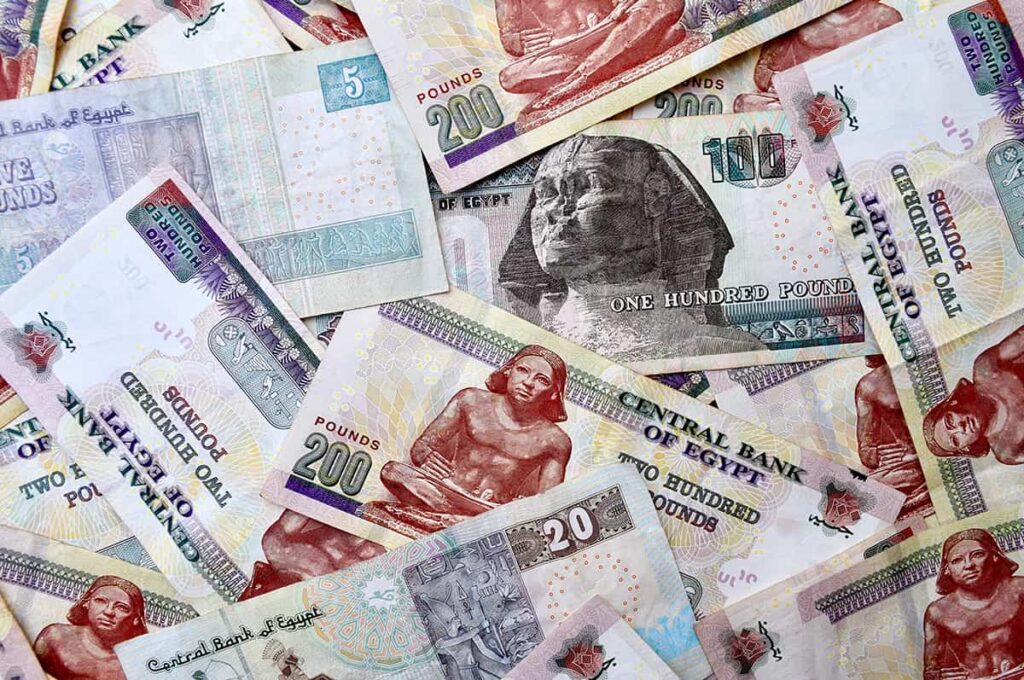An $8 billion IMF rescue package and a $35 billion investment deal engineered by the UAE will end Egypt’s foreign currency shortage.
In early March, Egypt’s central bank raised interest rates by 600 basis points, agreed to slow infrastructure spending and allowed the Egyptian pound to fall sharply in exchange for expanding a previous $5 billion package of loans from the International Monetary Fund (IMF). ) up to 8 billion dollars. A floating exchange rate has been a long-standing requirement of the IMF.
The latest IMF loan program follows a major United Arab Emirates (UAE) deal giving Egypt $24 billion for land development projects. Meanwhile, $11 billion of long-term deposits from the UAE, Kuwait and Saudi Arabia at the Egyptian central bank will be invested in real estate and other projects. This influx of cash, combined with an IMF loan, has eliminated the government’s foreign exchange shortage, at least for now. A sharp devaluation of the Egyptian pound will make the country’s exports, such as cotton, more competitive and reduce the trade deficit. However, it will also significantly reduce the purchasing power of the population, about 30% of whom already live in poverty.
The Egyptian central bank’s move is an attempt to simultaneously address several economic problems: a shortage of foreign currency, soaring black market exchange rates and rampant inflation that has seen the price of unsubsidized bread rise by almost 100% in just a year.
It is unclear whether the latest package of reforms Egypt agreed to – especially the floating exchange rate – will remain in place. The Egyptian government has historically pursued currency devaluation with a fixed exchange rate. Funds from a $3 billion package of IMF loans extended in December 2022 were never repaid because the central bank never switched sterling from a fixed to a floating exchange rate as envisaged.
The question remains to what extent the sharp rise in interest rates and the move to a floating exchange rate will promote the economic growth needed to support the huge levels of public debt accumulated to finance Egyptian President Abdel Fattah El-Sisi’s ambitious infrastructure investments. Israel’s war in Gaza has also damaged Egypt’s economy, with tourism declining significantly as well as revenue from the Suez Canal due to Houthi attacks on shipping in the Red Sea. Remittances fell by about 30% in 2023 as Egyptians abroad reacted to the growing gap between the official pound exchange rate and the black market rate.


